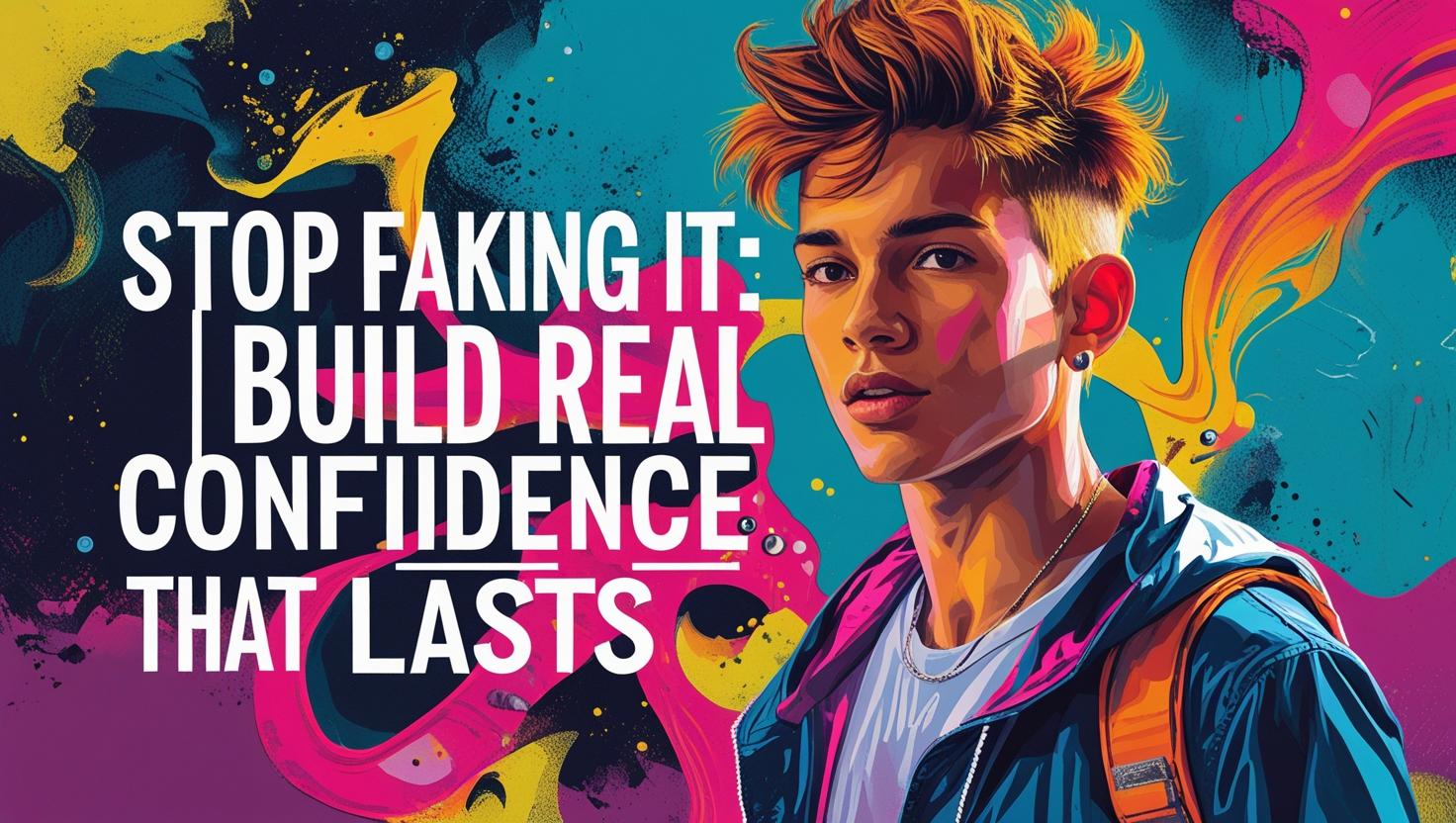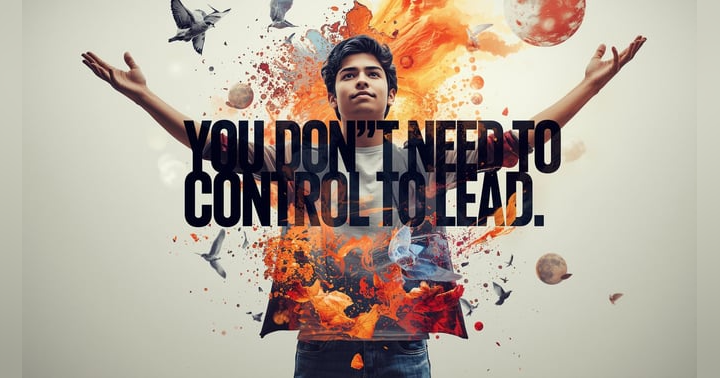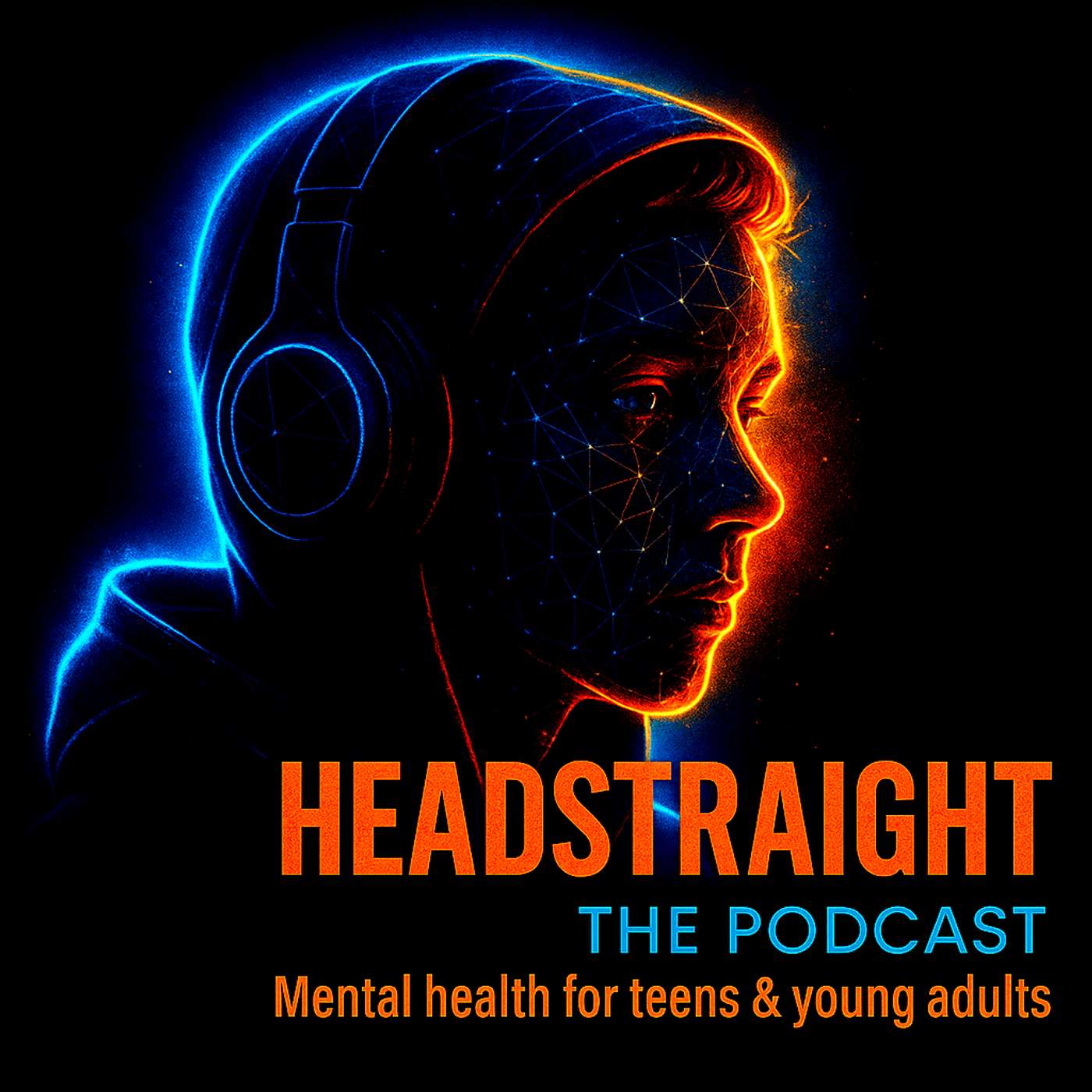Stop Faking It: Build Real Confidence That Lasts

A lot of people think confidence is about swagger, volume, or being the centre of attention. Walk into the room like you own it, crack the jokes, never show fear — that’s the image we get sold. But that’s not confidence. That’s performance. And performing all the time is exhausting.
Real confidence doesn’t need a stage. It shows up when you stand your ground in a hard conversation, even when your voice shakes. It’s raising your hand in class even though your stomach’s churning. It’s choosing to back yourself quietly, without needing applause.
The biggest mistake people make? Believing they need to feel confident before they can act. But confidence doesn’t show up first. Action does.
Want to listen on your prefered player?
Confidence Isn’t What You Think It Is
We need to clear up some myths. Confidence is not:
Being the loudest voice in the room.
Always having the answer.
Pretending nothing scares you.
That’s just a mask people wear when they feel like they have something to prove. The trouble is, masks slip. Pretending is tiring. “Fake it till you make it” might get you through a single moment, but it doesn’t build anything solid.
Real confidence looks different:
Saying, “I don’t know, but I’ll find out.”
Asking for help without worrying it makes you weak.
Feeling the fear but showing up anyway.
That’s the kind of confidence that lasts.
The Foundation: Self-Trust
Here’s the truth no one tells you — confidence comes from self-trust.
It’s not about being perfect or fearless. It’s about proving to yourself, again and again, that you can be relied on.
When you say you’ll do something, you follow through.
When things get tough, you don’t crumble straight away.
When you mess up, you don’t spiral — you reset and try again.
Every time you show up for yourself, your brain takes note. You’re literally training your nervous system to believe: I can rely on me. And when you’ve got that, no one can take it away — because it’s built, not borrowed.
Why the Science Backs This Up
Your brain is wired to change based on what you repeatedly do. This is called neuroplasticity. It doesn’t matter how much you tell yourself you’ll be confident “one day” — your brain only learns from what you consistently practise.
That’s why tiny, repeated wins matter more than one big burst of effort. Confidence isn’t built in a single grand moment. It’s layered, like bricks in a wall.
Enter the Micro-Promise Rule
Big goals are seductive. “I’ll revise three hours every night.” “I’ll never doubt myself again.” Sounds impressive. But when you break them, your brain logs that too — and your self-trust starts to crumble.
Micro-promises are different. They’re small, realistic commitments you can keep. And every time you do, your brain quietly updates its record: I can rely on me.
Examples:
“I’ll revise for 30 minutes before dinner.”
“I won’t text my ex today.”
“I’ll go for a walk at 4pm, even if it rains.”
The power isn’t in the size of the promise. It’s in the consistency. Each follow-through is a tiny piece of evidence that you back yourself. Break too many, and your brain learns the opposite.
So ask yourself: what’s one micro-promise you’ve been breaking lately? Now imagine what would shift if you actually kept it for three days straight.
Action Before Confidence
Here’s the harsh reality — your brain isn’t designed to give you confidence first. Fear kicks in before logic. That’s the amygdala doing its job. It spots risk and sounds the alarm before your rational brain (the prefrontal cortex) can talk you down.
That’s why you feel the nerves, the racing heart, the sweaty palms before you feel any confidence. The good news? Confidence grows in the doing.
Think about it:
The first time you made a phone call, you probably felt shaky.
The first time you spoke up in a group, you might have gone red.
Your first presentation might have been awkward — but the second one was better.
That’s how confidence is built. By acting before you feel ready. By proving to yourself, step by step, that you can handle more than your fear tells you.
You’ve Done This Before
You’re not starting from scratch. You’re already confident somewhere in your life. Gaming. Cooking. Cycling. Drawing. Banter. Whatever it is, you weren’t born confident at it. You practised. You messed up. You improved.
Confidence followed repetition, resilience, and small wins. That same system works anywhere. You’ve already proven you can do it — now it’s about applying the same process in new areas.
Resilience Over Perfection
Confidence doesn’t mean smooth sailing. You’ll still mess up. You’ll still say the wrong thing, freeze, or back out sometimes.
The difference is what you do next.
Confident people don’t turn mistakes into stories about their worth. Instead of “I embarrassed myself, I’m useless,” they go: “That was rough. Next time, I’ll handle it better.”
That shift — recovery without self-destruction — is what builds lasting confidence.
A Practical Plan for This Week
Here’s your blueprint to stop faking it and start building confidence that sticks:
1. Pick one micro-promise. Make it small and realistic. Keep it for three days straight, no excuses.
2. Act before you feel ready. Press send. Raise your hand. Say yes. Do the thing scared.
3. Spot your existing confidence. Notice where you already back yourself and use that as proof.
4. Reframe one failure. Write down what it taught you, not just what hurt.
Do that, and you’ll be stacking evidence that you can rely on you. And that’s confidence.
Confidence isn’t about waiting until you feel fearless. It’s about building self-trust, action by action. No performance. No faking. Just the quiet strength of knowing you can back yourself — even when it’s hard.



